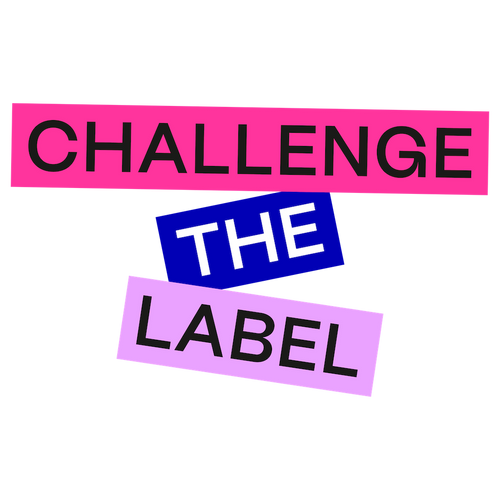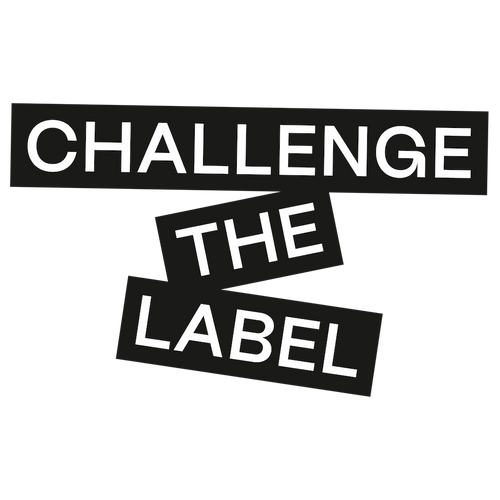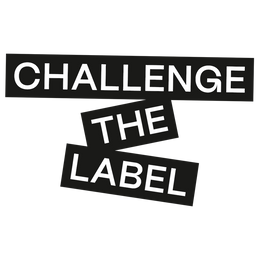
Breaking the Cycle: Persistence Born of Trauma, Neglect, and Abuse
Meet Sarah Morris, who is changing the futures for those who endured the out-of-home care system.
Sarah’s childhood was marked by abuse, trauma, and neglect. She describes her father as a “man split in two”: one side kind and loving, the other an egotistical alcoholic prone to manipulation and violence, shaped by his own intergenerational trauma. “He sabotaged our family…broke us down one by one,” Sarah recalls. “It was sometimes physical, but more often it was violence of the mind.”
Her mother, a housewife, well-liked in the community, appeared happy and carefree on the outside. However, she was disabled from cerebral palsy and suffered from severe depression. Sarah says her mother could be a “cruel and cold-hearted woman who took out her frustrations on me.” Her mother’s public humiliation made it difficult for Sarah to build meaningful friendships.
When Sarah was 11, her parents split. She later discovered her mother had attempted suicide. Left alone with her father, Sarah says, “Between the domestic and emotional abuse and neglect…that was when the real trauma began.”
At 13, Sarah oscillated between parents. Her mother could no longer handle her, so she went to live with her uncle, recently released from prison. Sarah had always seen him as her protector, but after witnessing a drug-induced, violent psychotic episode, she fled in the middle of the night.
Eventually, child protection tried to return Sarah to her father. Panic set in, and she considered suicide. After a brutal experience with the police, she was placed her in a residential facility. At 13, bruised and battered from the forced removal, she was left at a residential care unit in the middle of the night, her belongings in garbage bags—feeling like society’s discarded trash. Later that year, she moved into a family group home where she finally felt nurtured and loved, but this was short-lived.
At 16, child protection decided her good behaviour warranted a move to a ‘transition’ home to prepare for her exit from care. Sarah recalls, “Just as I was starting to heal, I was coerced into a situation no traumatized young girl should be in.”
Sarah describes herself as “unique, tenacious, and passionate,” and she also comes across as an optimist. Reflecting on her teenage years in residential care, she speaks warmly of some care workers “who believed in my potential and encouraged me to excel.”
Sarah moved in with her boyfriend the day before her 18th birthday and began a challenging journey, “starting on the back foot as I had been pulled from mainstream schooling, having been deemed ‘unfit.’ I worked tirelessly for my achievements without the safety net that other young adults generally have.” She has completed nearly 30 courses and training programs, ranging from crisis support programs to human research ethics. Her work has been published in multiple publications, and she holds numerous board and advisory positions with organizations including RMIT and Bridge It. She has obtained two diplomas, a Bachelor of Human Services, and a Master of Social Work. Her career began in residential care and transitioned to crisis support, welfare, and clinical social work, leading to academic roles such as tutor and lecturer at RMIT and research assistant at Monash University. Currently, she is a Research Fellow at Monash University and says she is “fortunate to have some amazing mentors; it is a real honour to work alongside them.” Sarah is proud to have “challenged the status quo and infiltrated academia.”
“I have endured stigmatizing labels my whole life, particularly as my appearance does not follow typical conventions. I do not care to fit in; I would rather stand out,” Sarah says.
Sarah lost her mother to suicide in 2012 and her father from terminal cancer in 2024. Orphaned, she lives in Melbourne with her 13-year-old daughter and loves going to gigs — “the more extreme the metal, the better.” Sarah uses humour when describing her late diagnosis of neurodivergence, saying she “puts the HD in ADHD.” She describes herself as an introverted extrovert and hopes to inspire others by using her story to “challenge the status quo, raising the bar so that the bare minimum (surviving) is no longer the standard for children and young people with a care experience.”


